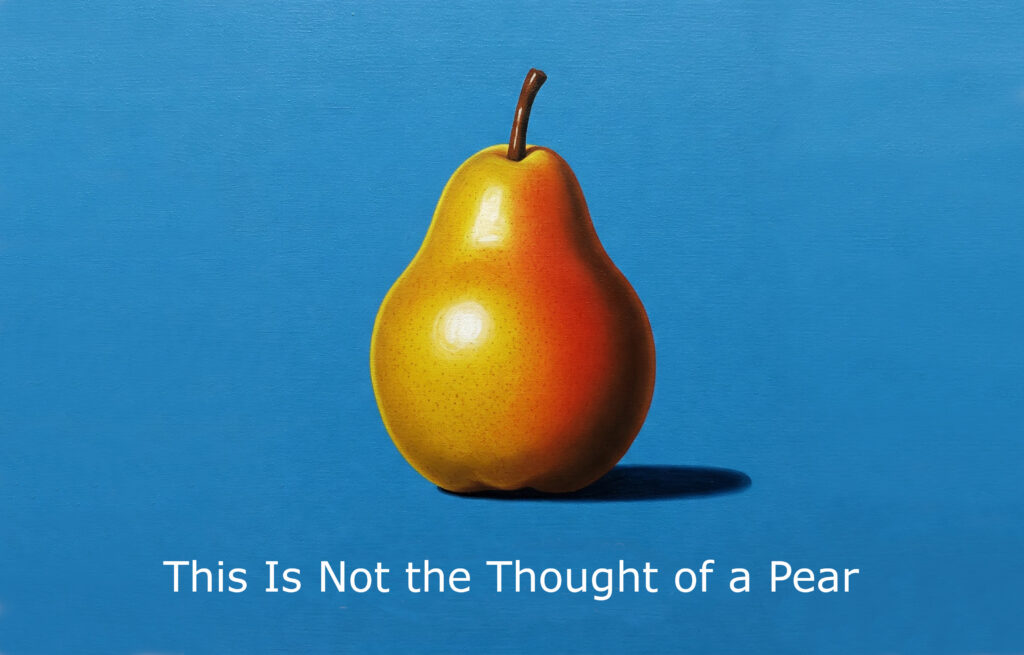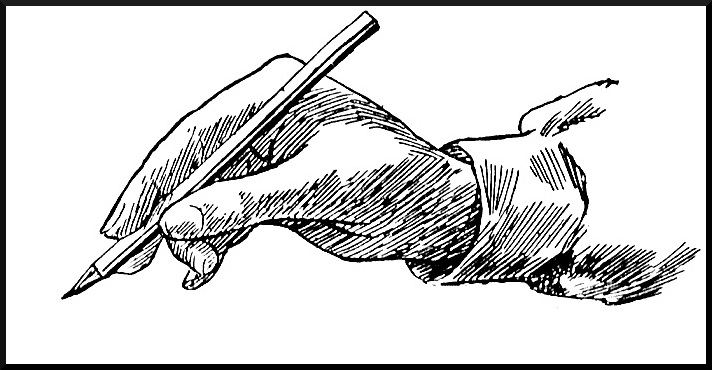John Maynard Keynes? Francis Bacon? Ian Dishart Suttie? Carveth Read? Curt John Ducasse? Gerald F. Shove? H. Wildon Carr?

Question for Quote Investigator: Two seemingly contradictory adages have become popular:
(1) It is better to be vaguely right than exactly wrong
(2) It is better to be definitely wrong than vaguely right
The justification for the first adage is: A vaguely right answer is valuable because it provides a starting point that can be refined and improved over time to obtain a more accurate answer. However, an exactly wrong answer provides no insight and is misleading.
The justification for the second adage is: A definitely wrong answer is valuable because it can be detected. This recognition of failure forces creative thought to formulate new ideas and construct new answers enabling progress. However, a vaguely right answer encourages the lazy acceptance and the persistence of faulty incoherent ideas.
The first adage has been attributed to English economist John Maynard Keynes, but I have never seen a solid citation. The second adage has been credited to Scottish psychiatrist Ian Dishart Suttie, but I am skeptical. Would you please explore the provenance of these two adages?
Reply from Quote Investigator: Tracing these dual notions is difficult because they can be expressed in numerous ways. Below is an overview depicting the evolution of these sayings with attributions and dates. The statement from Francis Bacon is a precursor for the second adage:
1620: Citius emergit Veritas ex errore quam ex confusion (Francis Bacon)
1620: Truth emerges more readily from error than confusion (Francis Bacon rendered into English)
1898: It is better to be vaguely right than exactly wrong (Carveth Read)
1903: To be only vaguely right is worse than being definitely wrong (Unknown person with initials A. J. O.)
1929: Greater service to the cause of philosophical truth is ever done by being definitely wrong than by being vaguely right (Curt John Ducasse)
1933: It is better to be definitely wrong than vaguely right (Ian D. Suttie)
1936: Mandeville, Malthus, Gesell and Hobson … preferred to see the truth obscurely and imperfectly rather than to maintain error, reached … on hypotheses inappropriate to the facts (John Maynard Keynes)
1942: It is better to be vaguely right than precisely wrong (Attributed to Wildon Carr by Gerald Shove)
1955: It was better to be roughly right than precisely wrong (K. Smith)
1960: I would prefer to be vaguely right than precisely wrong (Sydney J. Harris)
1966: It is better to be vaguely right than precisely wrong (Attributed to John Maynard Keynes in “The Accountants Digest”)
1969: It is better to be vaguely right than precisely wrong (Attributed to John Maynard Keynes by Howard Ross)
1978: It is far better to be clearly and definitely wrong than to be vaguely and indefinitely right (J. Lorne McDougall)
1979: It is better to be precisely wrong than roughly accurate (Edmond A. Murphy)
2009: It was better to be vaguely right than precisely wrong (Attributed to John Maynard Keynes by Anthony Hilton)
Here are details for selected citations in chronological order.
Continue reading “Quote Origin: It Is Better To Be Vaguely Right Than Exactly Wrong”







